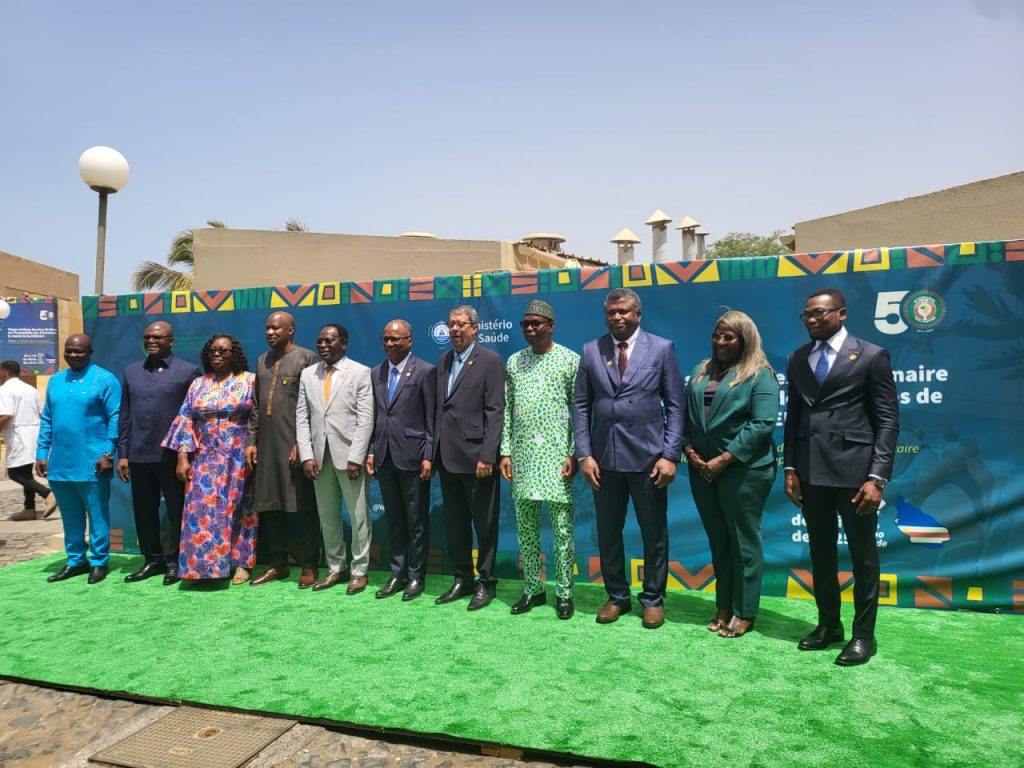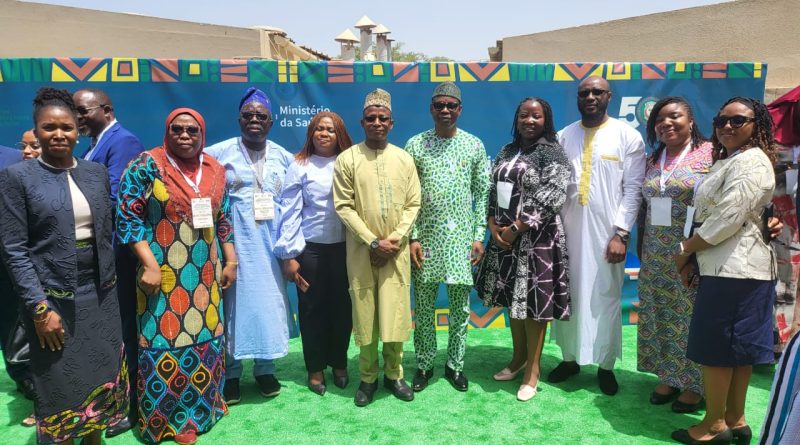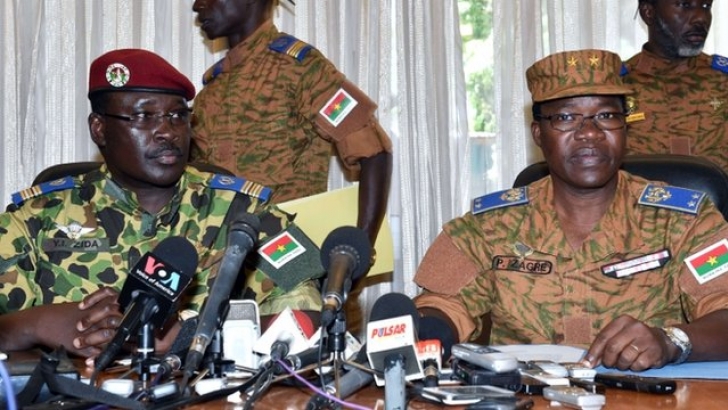50,000 Health workers Trained As Nigeria Targets Revitalization of At Least 17,000 Primary Health Centres By 2027
Nearly 50,000 Nigerian health workers have been trained out of a target of 120,000; equipping them with the skills needed to provide integrated, people-centred primary care services. The Bola Ahmed Tinubu administration is expanding and improving community health officers programme and implementing a robust task shifting policy. The aim is to ensure that every man or woman, child or adult and every household has access to quality care close to where they live. This was made known on Friday, May 9th, 2025 by Dr. Iziaq Adekunle Salako, Nigeria’s Minister of State for Health at the ongoing 26th Ordinary Session of The ECOWAS Assembly of Health Ministers taking place at Praia , Cape Verde.
In recognition of the fact that effectively health system must begin at the community level, Salako said a substantial number of Primary Health Centres (PHCs) have been upgraded to functional status, and more are in the pipeline with the goal of revitalizing at least 17,000 PHCs by 2027. He added that the government has taken steps to strengthen local manufacturers in the health sector to protect the people against the effects of tariff hike.

“We are also taking deliberate steps to strengthen local manufacturing in the health sector through the a special initiative of the president to unlock healthcare value chain including our phytomedicine resources. Under the instrumentality of a Presidential Executive Order, we are promoting domestic production of vaccines, medicines, and medical supplies by eliminating burdesome tarrifs on machineries, active pharmaceutical ingredients and other inputs for pharmaceutical manufacturing. This will not only reduce dependency on imports and lower costs but also stimulate local investment and job creation, thereby contributing to national and regional economic development.
“In response to donor transitions and the withdrawal of key external funds, the Federal Government of Nigeria has mobilized $200 million domestic resources to fill the gap and sustain life-saving interventions for HIV/AIDS, tuberculosis, and malaria , three of the deadliest diseases in our region. This bold step reflects our commitment to health sovereignty and sustainability.
Furthermore, the recent granting of financial autonomy to Local Government, the third tier of our federation which is closest to the community is being implemented as a game changer for grassroots development, especially in strengthening the governance and functionality of PHCs. This policy is designed to drive decentralization, improve accountability, and ensure that communities are active participants in their own health outcomes.
“We are increasing the penetration of digital technology in our healthcare system through the Nigeria Digital in-Health Initiative to improve access, continuity of care, quality, stewardship and data driven policy decisions”, the Minister said.
He said the initiatives reflect Nigeria’s commitment to regional solidarity and shared progress. Salako said the Country is eager to learn from experiences of other countries and best practices.
“Whether it is in community engagement, health financing, digital health innovation, or human resource deployment, we believe that our strength as a region lies in our ability to collaborate, share, and act together.”
He said Nigeria would use the opportunity of the Assembly to reaffirm her commitment to the ECOWAS Vision 2050, particularly as it pertains to health-related objectives.
“Our conviction is that we all must leverage forums such as this Assembly to harmonize, come to consensus, and forge cross-border alliances. Health is not just a national issue; it is regional and global. The COVID-19 pandemic taught us that if everyone is not safe, nobody is safe. It is also critical to use this forum to emphasize the importance of political will in driving health reforms. Policy without action is mere rhetoric. We, as leaders, must be bold in our decisions and steadfast in our implementation with the realization that spending on health is not a cost, it is an investment over the long term in human capital, productivity, and stability.”

Salako said the ECOWAS subregion is faced with many challenges from financing gaps to migration of health workers, he however noted that a move beyond fragmented approaches and commitment to community-driven efforts will turn things around for the region.
“The global and regional health landscape is evolving rapidly. From emerging diseases to health financing gaps, from human resources for health shortages, heavy health workers migration from most ECOWAS countries to Europe and America, community-level service delivery challenges and so on, our systems are under significant strain. Yet, amid these challenges, there are opportunities; opportunities to rethink, reimagine, recreate and reinvigorate our healthcare systems.
Against this background, the theme of this year’s session, “Community Health Principles and Standards,” is particularly pertinent. Reflecting on the journey from the Alma-Ata Declaration of 1978, we are reminded of the importance of placing people and communities at the heart of our health systems. The principle of community ownership, equity, and access to essential health services remains a cornerstone for achieving universal health coverage.
“Despite several decades of efforts in our nations, health data in the ECOWAS sub-region continue to be below world averages. Excessive maternal and child mortality persists. Equitable access to necessary health care continues to elude us. These realities challenge us to move beyond fragmented approaches and recommit to an integrated, community-driven strategy with primary health care at its foundation”, Salako noted.




